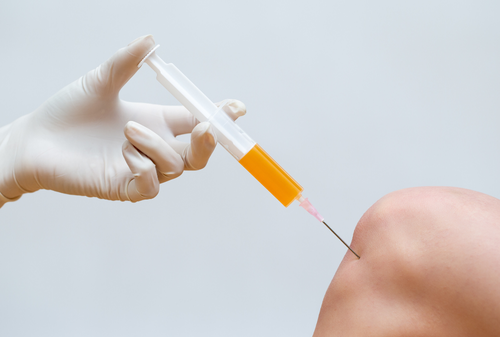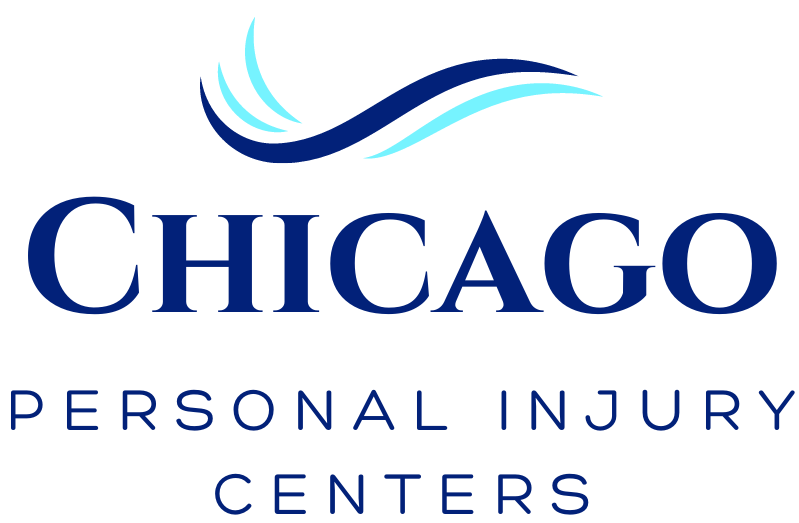The aftermath of an accident often comes with a spectrum of pain, ranging from acute discomfort to chronic aches. While the body naturally heals over time, managing pain effectively is crucial for promoting recovery and regaining mobility.
Among the various treatment options available, injection therapy plays a pivotal role in managing pain, reducing inflammation, promoting healing, and preventing complications. In this post, we’re going to explore the various types of injections used to manage pain and promote healing after accidents, focusing on their mechanisms of action, applications, potential benefits as well as risks.
Understanding Pain After Accidents
Accidents can cause a variety of injuries, each associated with distinct pain types. Acute pain, often sharp and intense, is a natural response to tissue damage and typically subsides as healing progresses.
However, accidents can also lead to chronic pain, which can linger for weeks or months. This persistent pain can originate from muscle strains, ligament sprains, bone fractures, or nerve damage. Additionally, inflammation, a natural response to injury characterized by swelling, redness, and heat, can contribute significantly to pain.
6 Types of Injections for Treating Accident-Related Injuries
Injections offer a localized and targeted approach to pain management after accidents. Here’s a closer look at some common types of injections used:
1. Corticosteroid Injections
Corticosteroid injections are widely used to combat inflammation in joints and soft tissues. These types of injections are especially beneficial for injuries involving significant swelling, such as sprains, strains, and joint injuries.
By delivering corticosteroids directly to the inflamed area, these injections provide powerful anti-inflammatory effects, reducing swelling and pain. This allows for improved movement and quicker recovery, making corticosteroid injections a staple in the treatment of accident-related injuries.
2. Epidural Steroid Injections
Epidural steroid injections are a common treatment for back pain, particularly when it stems from spinal injuries. These types of injections deliver steroids directly into the epidural space surrounding the spinal cord.
The primary purpose is to reduce inflammation and alleviate pain. By targeting the specific area of inflammation, epidural steroid injections can provide significant relief from pain and improve mobility, allowing patients to engage in physical therapy and other rehabilitative exercises in a more comfortable manner.
3. Nerve Block Injections
Nerve block injections are another effective method for managing localized pain, often used for injuries affecting the limbs or face. These types of injections work by blocking the nerves from transmitting pain signals to the brain.
By injecting anesthetics or other agents around the nerves, the pain sensation is temporarily interrupted, providing substantial relief. Nerve blocks can be particularly beneficial for patients experiencing severe pain that does not respond well to oral medications or other pain management techniques.
4. Local Anesthetic Injections
These types of injections contain medication that temporarily numbs a specific area. They are often used during other procedures like nerve blocks, which target specific nerves to interrupt pain signals traveling to the brain. Local anesthetics can also provide short-term pain relief for minor injuries or procedures.
5. Hyaluronic Acid Injections
Hyaluronic acid is a naturally occurring substance found in the joint fluid, acting as a lubricant and providing cushioning for smooth joint movement. Hyaluronic acid injections are commonly used to manage pain in osteoarthritis, particularly knee pain. The injected hyaluronic acid supplements the natural fluid, improving joint lubrication and reducing pain during movement.
6. Platelet-Rich Plasma (PRP) Injections
Platelet-rich plasma (PRP) injections represent a cutting-edge approach to healing. PRP injections use the individual’s own blood, which is processed to concentrate the platelets, which are rich in growth factors. These growth factors play a crucial role in tissue repair and regeneration.
When injected into the injured area, PRP can accelerate the healing of muscles, joints, tendons and ligaments. This is particularly valuable for injuries that are slow to heal, offering a natural way to boost the body’s healing processes.
The Benefits of the Different Injection Therapy for Accident-Related Injuries
Compared to traditional pain medication, injections offer a targeted approach. They deliver medication directly to the source of pain, reducing inflammation and discomfort in the affected area. This targeted approach allows for faster healing and improved mobility.
Additionally, injections are minimally invasive procedures with shorter recovery times compared to surgery. This translates to quicker pain relief and allows patients to return to daily activities more quickly.
Potential Risks and Considerations
While injections offer significant benefits in treating accident-related injuries, they also come with potential risks and side effects. These can include infection, allergic reactions, and complications at the injection site. It is essential that all types of injections are administered by qualified healthcare professionals to minimize these risks.
Additionally, patient-specific factors such as age, medical history, and the nature of the injury must be considered when choosing the appropriate injection therapy.
Get the Pain Relief You Need Today With the Help of Injection Therapy
It is without a shadow of a doubt that injections are a valuable tool in managing pain and promoting healing after accidents. With a variety of types of injections available, each with its unique mechanism of action, injections can be tailored to address specific injuries and pain sources.
Whether it’s the immediate pain relief offered by local anesthetics, the anti-inflammatory properties of corticosteroids, or the regenerative potential of PRP therapy, injections can significantly improve the recovery process.
At Chicago Personal Injury Center, we are experts in employing minimally invasive techniques to control and ease your pain. Our state-of-the-art injection treatments are devised to offer rapid and efficient alleviation with minimal risk and recovery time.
Reach out to us today at (773) 482-5800 to book a consultation to discover your potential treatment options and all of the different types of injections for pain that we offer.

